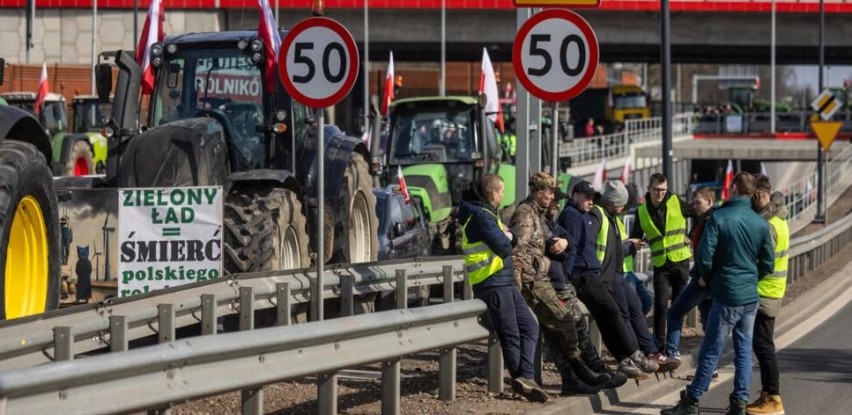-
The applying enterprise must be registered in BiH and/or Sweden. Note: The enterprise must be able to submit proper documentation and proof of registration if selected to the final phase. For larger grants, between EUR 10 000 – 30 000, the applicant must submit financial statement for the full previous year (preferably for a period of three year). Newly registered businesses, i.e. those unable to submit a financial statement for the full previous year, can apply for grants up to EUR 10 000.
-
The eligible applicants must be micro and small companies according to the EU definition, i.e.- a small company employs less than 50 persons and has a turnover or assets of less than EUR 10 million per annum – a micro company has less than 10 employees and a turnover or assets of less than EUR 2 million.
Note: The enterprise must be able to submit supporting documentation of the above if selected to the final phase.
-
The projects sponsored by the fund must take place in BiH or have a strong link to BiH (such as export development of BiH products and services).
-
The companies and/or persons behind the application should have a clean record with the authorities, including having paid their taxes and social costs, etc. if applicable. Note: The enterprise must be able to submit supporting documentation of the above if selected to the final phase and might also be subject to an audit.
-
It is possible for companies from any sector to apply, except for businesses related to weapons or military products/services, tobacco, alcohol or drugs. The Challenge is aimed at commercial operations, thus NGOs cannot apply. Read more on Inclusive and Sustainable Business here.
-
All grants are based on a match-making principle. The company applying for a grant must be prepared to co-finance the project for which the grant is sought with an equal amount (i.e. minimum 50% of the total project cost). Part of this might be contributions other than cash, so called in-kind contributions. Some examples of in-kind contributions are donated labor, materials, and services. Investments undertaken prior to the application, so called ‘sunk costs’ are not accepted as matching contributions.
-
The grants will be provided to new projects, such as joint ventures, newly established companies, diversification of existing operations, opening of new markets, etc. Hence, projects at different stages of development are eligible to apply – from projects at a stage of conceptual idea requiring support for a feasibility study, market analysis, etc., to new development of on-going operations.
-
The application must concern a specific project, preferably with an implementation phase of 12 months. Thus, support will in the normal case not be provided as a subsidy to already on-going operations in such cases where the project proposal is not introducing a clear new element. For this reason it is necessary to clearly explain how the project will result in growth within your enterprise if the project is part of an already on-going operation.
Also note that:
– The winning applicants will sign a standard contract with the Embassy of Sweden. Grants will partly be paid in advance after signing of the contract and partly after completion of the stages of the project against verification of costs. A detailed budget is mandatory already in the application phase. Grants will in the normal case be dispersed with 25 % of the applied amount after the signing of the contract and 75% after six month following the submission of a six-month report.
– Selected project will be expected to adhere to reporting and follow-up agreements, as stated in the contract.
– The companies receiving grants will be audited (by a local auditor) before final selection as well as after the project period (usually 12 months). Companies which are not fulfilling the contract signed with the Embassy will be obliged to repay the full amount of the grant. Breach of such contracts might result in legal action in a court of law.
– The BiH Challenge Fund will provide grants of up to EUR 30 000 (newly registered businesses can apply for grants up to EUR 10 000). Eligible costs to be (co)-finance might include a broad range of project costs such as travel, consultancies, legal fees, registration costs, salaries, hard ware, exhibitions, IT programs, market research, fair contributions, prototype development, etc.
Applications not fulfilling the above mentioned application criteria will not be assessed.

